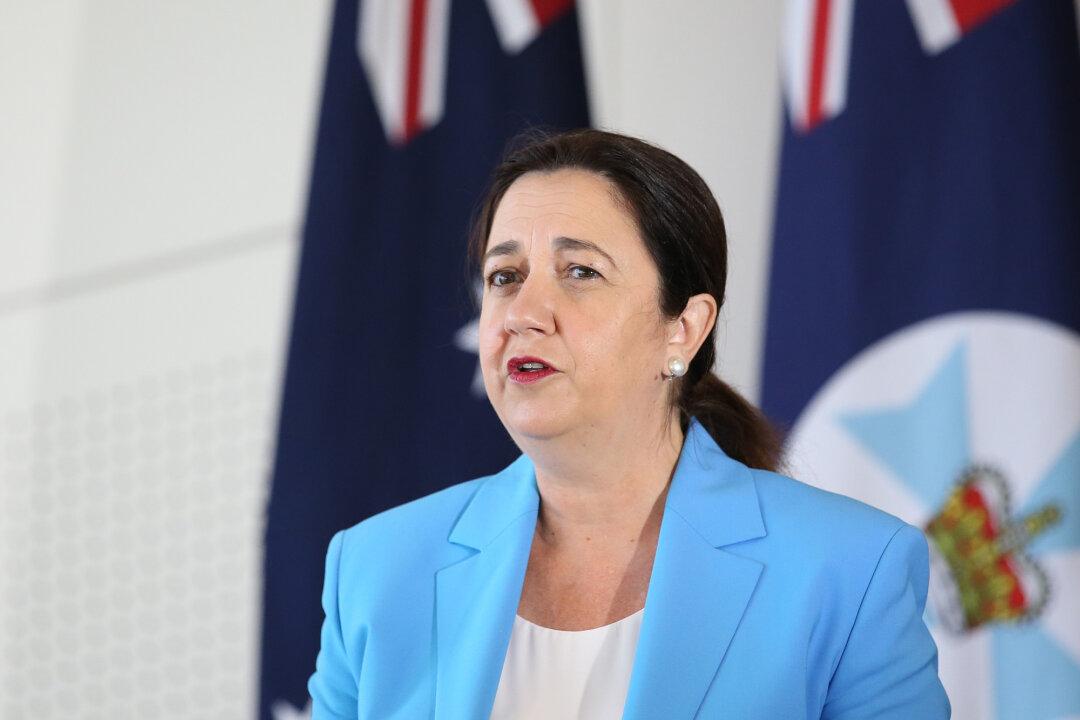Queensland reported zero new cases of the CCP virus on Australia Day, but the state government warned that viral fragments were detected in multiple parts of the state.
Premier Annastacia Palaszczuk told reporters that fragments of the CCP (Chinese Communist Party) virus, commonly known as novel coronavirus, were detected at seven wastewater sites around Queensland, including in Townsville, Cairns, the Sunshine Coast, Hervey Bay, and Yeppoon.





